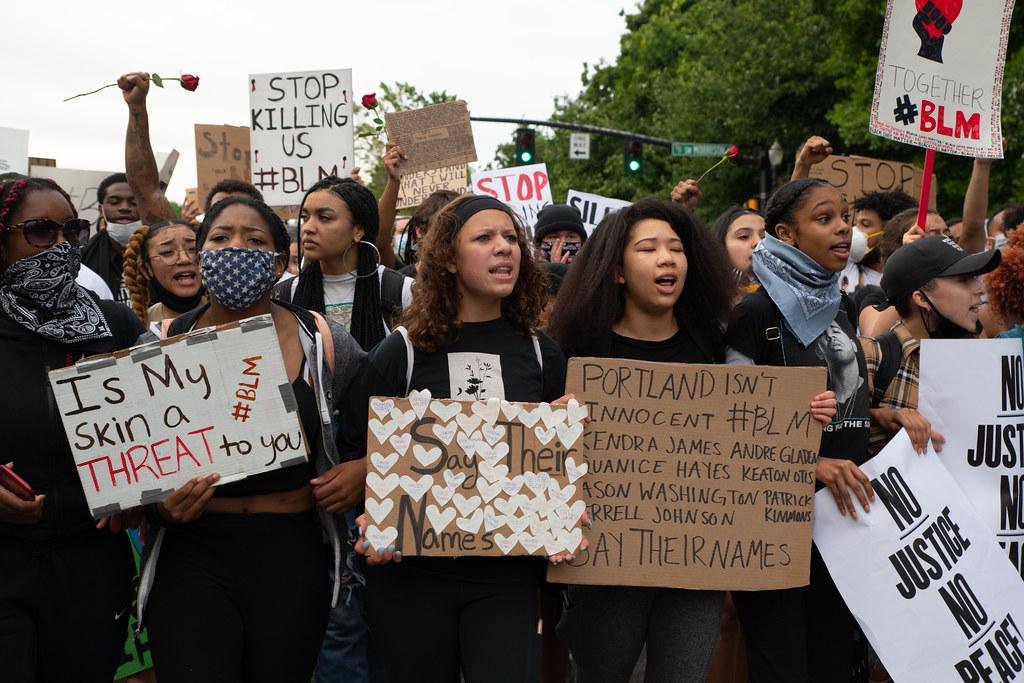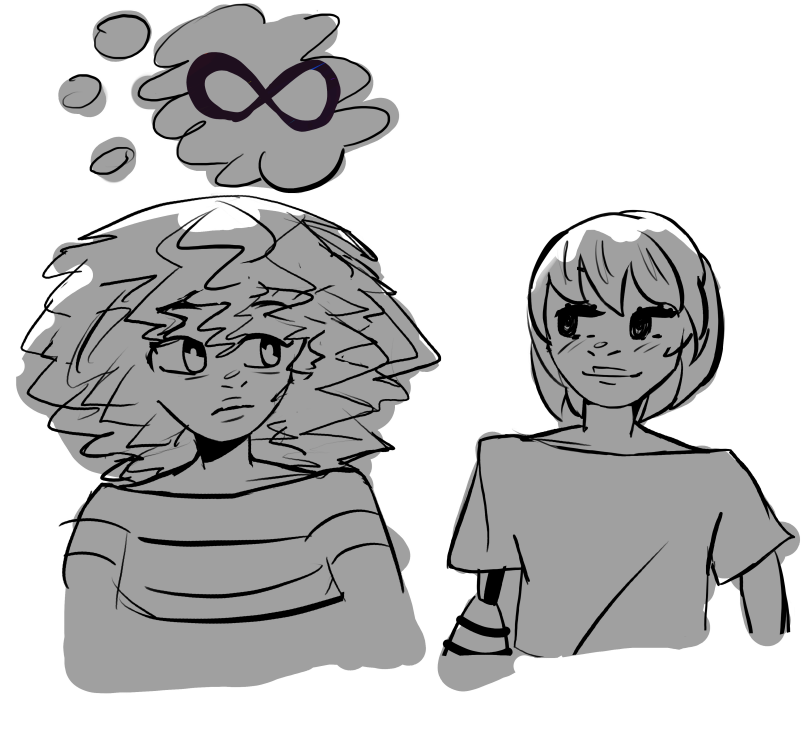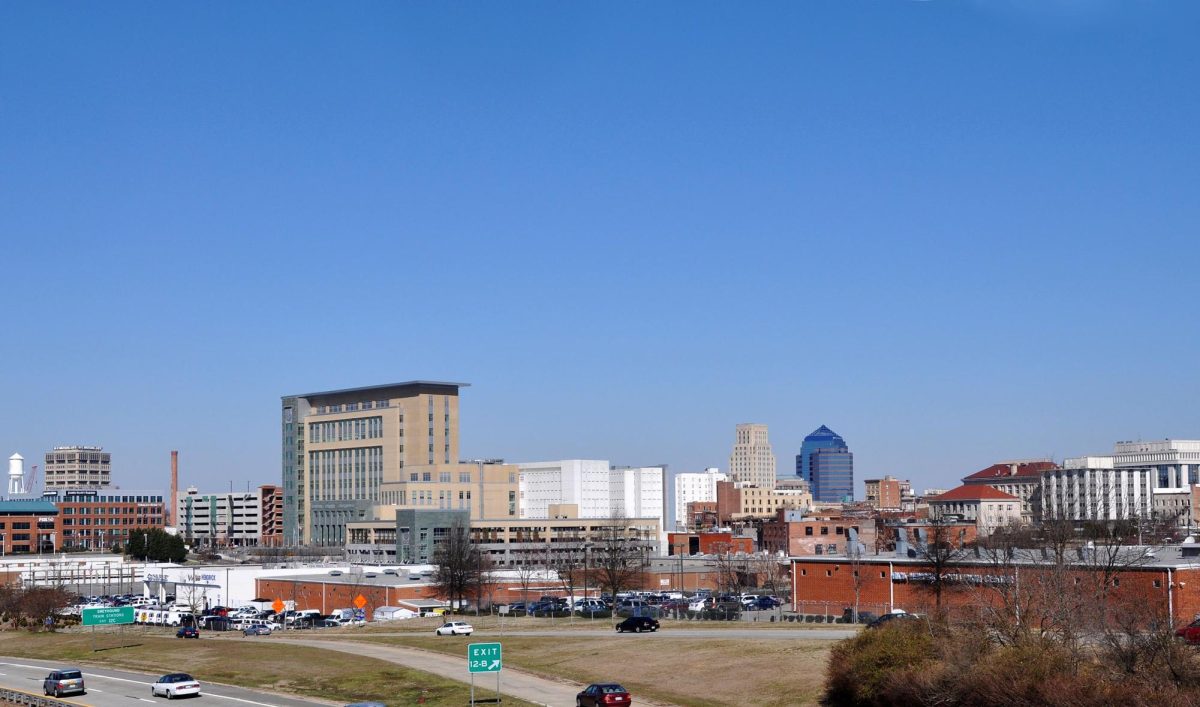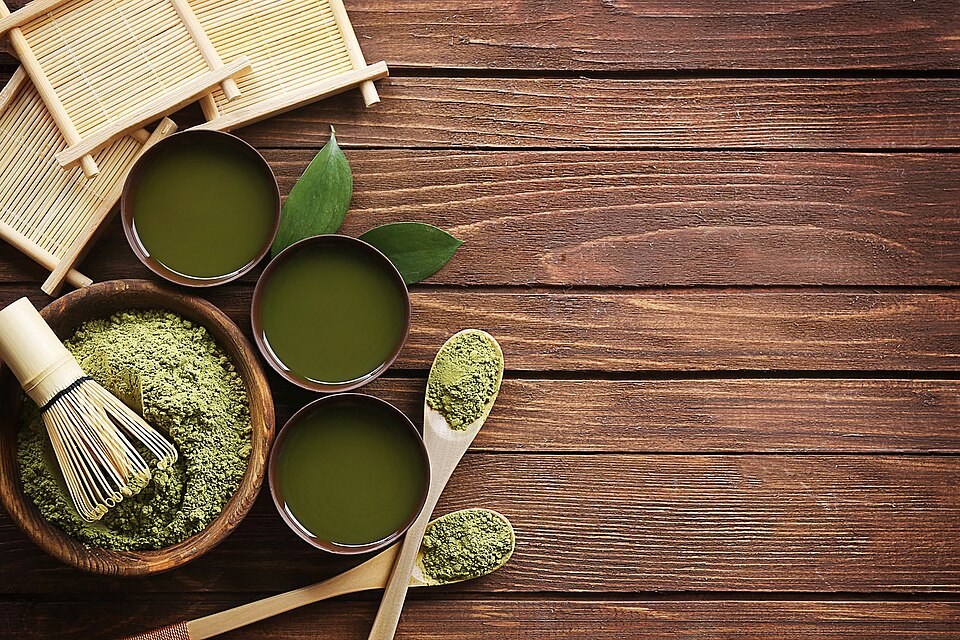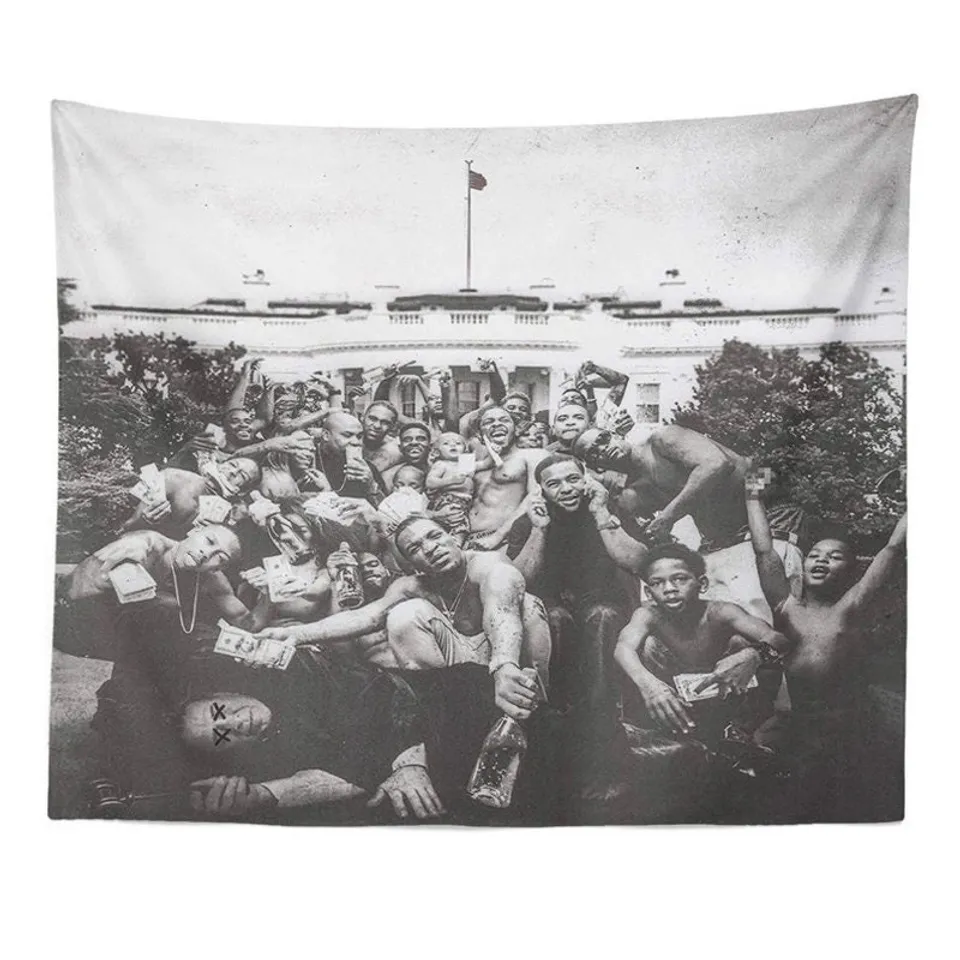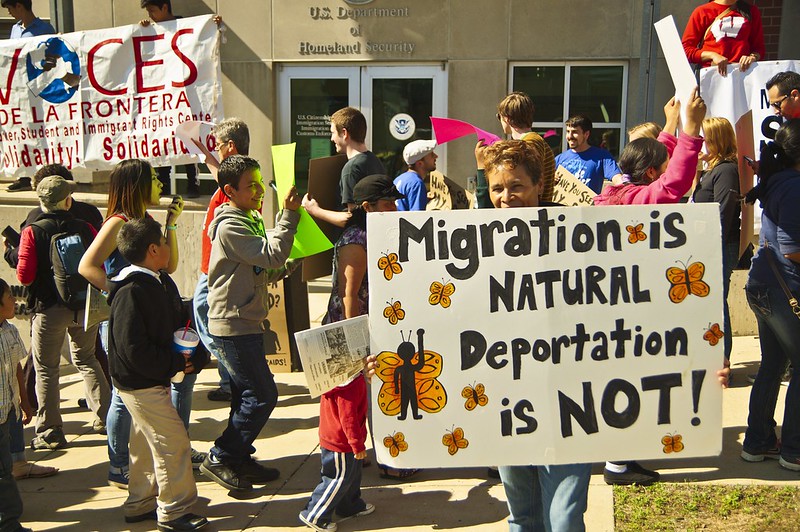Image from Creative Commons
There have been many conversations about Black artists such as Kendrick Lamar, J. Cole, Noname and more, in the realm of political activism and community based impact. While entertaining, these conversations raise critical questions about the intersection of music and activism.
News outlets frequently portray Black artists as some sort of political activists or leaders. When it comes to Black activism, a majority of news outlets primarily utilize hip-hop artists to represent Black activism. News outlets make artists out as the token voice for Black issues as if they are the end all be-all for us. However, I have always wondered why news outlet feel the need to elect Black artists as primary spokespeople for the Black community.
Music has been one of the premier calling cards of revolution and arguably the greatest tool of modern social commentary because it assists in rallying the community. While music is important to the cause of social activism, I believe that music and its artists should not been seen as the primary tool for Black activism.
Many would argue that in recent history, Black artists have done a great deal for the Black community. Beyoncé founded the BeyGOOD foundation, which strives to support marginalized, under-resourced communities and programs through providing scholarships, internships and structured resource access for small Black businesses. I’m not saying that artists’ positive contributions to the Black community shouldn’t be taken into account, but we need to remove artists from this odd role of being spokespeople for the entire Black community. Especially since many of them are just regular people who were talented and lucky enough to become relevant in modern pop culture.
While Black artist have to become spokespeople for their community, this responsibility never seems to fall on white artist. In fact, many white artists are praised for doing the bare minimum while also contradicting their own “activism.” For example, Taylor Swift, despite previously having a relationship with known indie musician turned racist podcaster, Matty Healy, has people stating how much she cares for social causes. This is just one example of this phenomena. With Taylor Swift and Matty Healy, as well as other white artists with “interesting” opinions (to say the least), no one ever uses them as the spokespeople for the white community.
As a collective, we need to stop making Black artists a litmus test for where the Black community stands on certain things. Why are we giving Boosie a platform to speak on gay marriage or trans rights? I don’t expect Lil Wayne to understand the nuances of misogynoir or how homophobia in the Black community only hurts us all and further reinforces white supremacy, so I wouldn’t make him the spokesperson for these issues. These are not the people that should be advocating for the Black community. These artists are not perfect, in fact, they are far from it.
One of the primary things one needs to understand when engaging in political activism is the necessary experience and skill required to properly organize political movements. While I’m not saying that every artist lacks experience in organizing, I’m inclined to believe most artists aren’t doing research on how to. They are definitely not contacting people and organizations to do so. This is not to throw any sort of negative critique at these artists but at the end of the day, they are still regular people.
Many of them come from various walks of life. No one is automatically a revolutionary or political activist when they are born. However, there needs to be some sort of balance between Black artists utilizing their music to speak or raise awareness about political situations and actually making lasting changes. There have been many artists who have made albums or songs that push pro-Black political message, but outside of a handful of songs a year, what endeavors have they made to actually create a change?
There are some artists who have created policies and programs to enact positive change in our community. One of which is Noname, a critically acclaimed artist who created Noname Book Club, a Black-led initiative that circulates radical books into prisons to give to incarcerated people for free. This is something that creates change, as it educates people on political perspectives free of charge.
However, this is not something that Noname did by herself. It’s a Black-led cooperative organization, meaning that the people who work within the organization are the primary stakeholders. This is a great example as to how artist can work with others to make something self-sustaining. Like many things that create change, it takes a village.
There is nothing that stops Black artists from initiating radical change in our community. If they want to do something about an issue, they can educate themselves on political organizing or simply help in funding political activists who are working to make a change in our community. They just have to put their money where their mouth is.
In the end, nobody can force artists to do the work and research. This is simply a choice that Black artists must make themselves. When it comes to Black artists in regards to political change, I believe that like everyone else, they have the potential to do that. However, we should not expect them to speak for Black people as a whole but just let them be artists. Besides, music has its own place in political change. It is a beacon, something to inspire change.
While many people believe in the fanatical idea that a civic leader has to be some sort of great, one-of-a-kind individual, I think belief is hopeful at best. Civic leaders should be the everyday person in their community that wants to make a difference for their people. After all, who better to hear and advocate for the community than someone who lives with them? Someone who sees them and hears them everyday?
In many cases, the everyday leader can understand their community and its culture and many nuances. We all have that capability. We all can be that everyday person. We simply need to believe it and support that person who decides to take that leap of faith.
The only people that can save us are ourselves. It would be a disservice to those that advocated for their communities before us to believe that someone will just appear from thin air to save us. We can all make a difference, it just takes work and dedication to do so.

